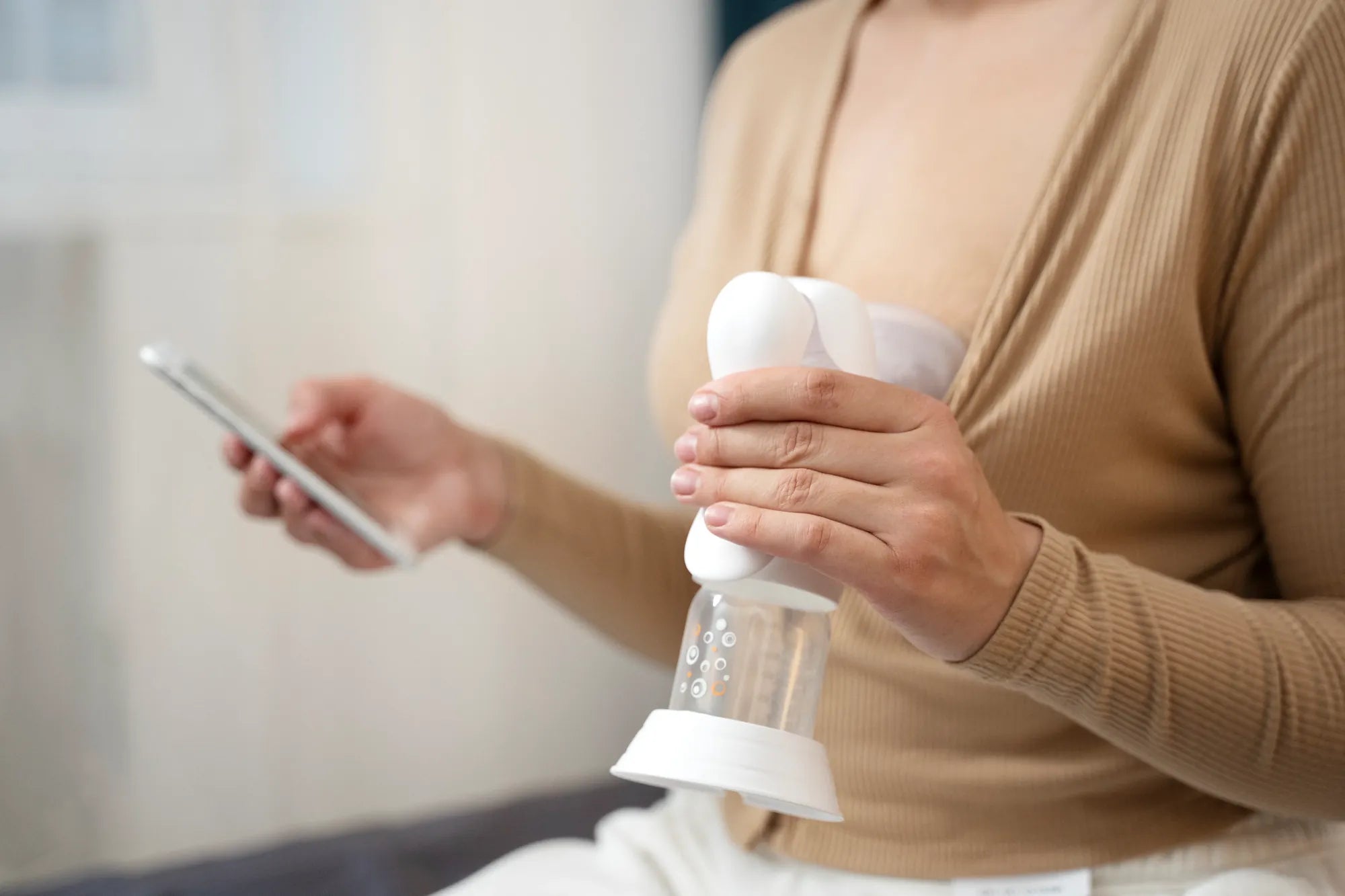Startseite
Pregnancy, Breastfeeding, and Pumping: The Ultimate Guide for Moms
Can Using a Breast Pump Cause Your Water to Break?

Can Using a Breast Pump Cause Your Water to Break?
Pregnancy is a time filled with questions, concerns, and curiosity. One question that often arises is whether using a breast pump can cause your water to break. This topic has sparked debates and confusion among expectant mothers. In this article, we will delve into the science, myths, and expert opinions surrounding this issue to provide you with a clear understanding.
Understanding the Basics
Before we address the main question, it is essential to understand what a breast pump is and how it works. A breast pump is a device used by lactating women to extract milk from their breasts. It can be manual or electric and is commonly used to maintain milk supply, relieve engorgement, or collect milk for later use.
On the other hand, the term 'water breaking' refers to the rupture of the amniotic sac, which contains the amniotic fluid surrounding the baby during pregnancy. This event typically signals the onset of labor.
The Connection Between Breast Pumps and Water Breaking
There is a common misconception that using a breast pump can stimulate contractions and potentially lead to the water breaking. This belief stems from the fact that nipple stimulation, including that from a breast pump, can release oxytocin, a hormone that plays a role in labor induction.
However, it is crucial to differentiate between nipple stimulation and the use of a breast pump. While both can increase oxytocin levels, the intensity and duration of stimulation vary significantly. Nipple stimulation for labor induction is typically more prolonged and intense than the use of a breast pump for milk extraction.
Expert Opinions and Research
Medical professionals generally agree that using a breast pump as intended is unlikely to cause your water to break. The pressure exerted by a breast pump is designed to mimic a baby's sucking action, which is not strong enough to rupture the amniotic sac.
Research studies have also shown that while nipple stimulation can induce labor in some cases, the use of a breast pump does not pose a significant risk of causing the water to break. It is essential to follow the manufacturer's guidelines and consult with your healthcare provider before using a breast pump during pregnancy.
Potential Risks and Precautions
While the risk of using a breast pump causing your water to break is low, there are some precautions to consider. If you have a high-risk pregnancy, a history of preterm labor, or any complications, it is advisable to avoid using a breast pump without medical supervision.
Additionally, if you experience any unusual symptoms, such as contractions, vaginal bleeding, or fluid leakage, stop using the breast pump immediately and seek medical attention. Your healthcare provider can offer personalized advice based on your specific situation.
Myths and Misconceptions
There are several myths surrounding the use of breast pumps during pregnancy. One common myth is that using a breast pump can lead to premature labor. While nipple stimulation can induce labor in some cases, the use of a breast pump is not typically associated with this risk.
Another misconception is that using a breast pump can harm the baby. In reality, when used correctly, a breast pump is a safe and effective tool for milk extraction. It is essential to rely on accurate information and consult with healthcare professionals to dispel any myths.
When to Use a Breast Pump During Pregnancy
Using a breast pump during pregnancy can be beneficial in certain situations. For example, if you are planning to breastfeed, using a breast pump in the later stages of pregnancy can help prepare your breasts for lactation. It can also be useful if you need to collect colostrum, the nutrient-rich first milk produced during pregnancy.
However, it is crucial to use the breast pump correctly and avoid overuse. Overstimulation can lead to discomfort, soreness, or even damage to the nipples. Always follow the instructions provided with the breast pump and consult with your healthcare provider if you have any concerns.
Alternative Methods for Labor Induction
If you are considering methods to induce labor, there are several safe and effective alternatives to using a breast pump. These include walking, acupressure, and certain herbal remedies. It is essential to discuss these options with your healthcare provider to ensure they are appropriate for your situation.
Remember that every pregnancy is unique, and what works for one person may not be suitable for another. Your healthcare provider can offer guidance tailored to your specific needs and circumstances.
Final Thoughts
Using a breast pump during pregnancy is generally safe and unlikely to cause your water to break. However, it is essential to use the device correctly and consult with your healthcare provider if you have any concerns or experience unusual symptoms. By staying informed and seeking professional advice, you can make the best decisions for your health and the well-being of your baby.
As you navigate the journey of pregnancy, remember that knowledge is power. Understanding the facts and dispelling myths can help you feel more confident and prepared. Whether you choose to use a breast pump or explore other methods, always prioritize your safety and consult with your healthcare provider for personalized guidance.
Teilen

